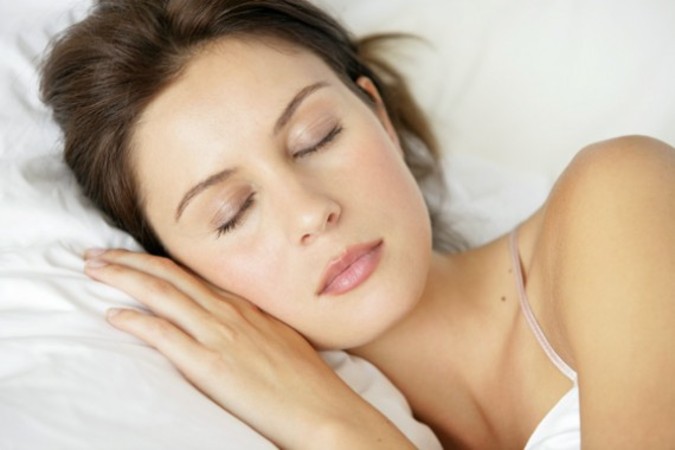Up to 50% of people who regularly snore also have the condition Obstructive Sleep Apnoea (OSA). One of the most common statements by people who have not been previously diagnosed with OSA but regularly snore is “Oh I don’t have sleep apnoea”, or similarly “I only snore”. When an overnight sleep study is conducted, these same people can occasionally be shocked to find out how serious their OSA really is. In addition to snoring and OSA, a sleep study can show fragmentation of sleep or ‘Total Arousal Index’ which is a score of how many times an hour the brain wakes from sleep due to clenching/grinding, snoring, apnoeas, or a condition called restless legs syndrome. A fragmented sleep pattern can contribute significantly to chronic daytime tiredness, headaches on waking, depression, and chronic fatigue.
Assessment should only be carried out by professionals who are members of the Australasian Sleep Association and have experience and training in Sleep Disorders such as Sleep and Respiratory Physicians, ENT Surgeons, GP’s, and Dentists who have specific post-graduate training and education in treating sleep disordered breathing conditions.
Off the shelf or over the internet products have very little to no scientific basis or proven benefit in treating sleep disorders
In many cases the patient may think they are getting a benefit from these devices, when serious underlying symptoms are being missed because professional assessment has not been sought. Or, in contrast many patients give up on seeking any professional treatment for their condition when these types of appliances fail to work due to comfort, fit, retention, cost, or longevity.
An initial consultation lasting approximately 45-60 minutes is required to provide you with a very thorough and detailed examination and assessment of your sleep breathing disorder and suitability for oral appliance therapy. Please allow enough time for this appointment.
In preparation for this consultation, please download and complete the ‘Snoring and Sleep Apnoea Medical History Questionnaire’, and bring this form to your appointment. This form is available in our Downloads and Links page.
If you have had a previous sleep study conducted, please bring this report with you also. If you do not have a copy, please contact your GP or Physician to arrange for a copy of the sleep study report to be sent to us prior to your initial consultation.
Assessment of the airway problem helps determine if an oral appliance is the appropriate treatment choice and how effective it is going to be. Without a thorough assessment and examination, a practitioner can only guess the optimum fitting in the protrusive (forward) and vertical positions for an oral appliance.
Overnight Sleep Study
The diagnosis of Snoring, UARS, OSA, and other sleep disorders is conducted either in hospital or a sleep laboratory and is called a Polysomnogram (PSG), or Sleep Study. In-hospital or laboratory sleep studies are the gold standard for the diagnosis of sleep disorders.
Sleep studies help evaluate what happens to the body during sleep and record a variety of measurements including electrical activity of the brain (EEG), eye movement (REM), muscle activity, heart rate, breathing, leg movements, air-flow through the nose and mouth, and blood oxygen levels.
Home Monitoring – diagnosis in the comfort of your home
Recent advances in technology have made home-based sleep monitoring devices a viable alternative to the in-hospital sleep studies and many people prefer to sleep in their own bed rather than in the unfamiliar surroundings of a hospital. Using monitoring equipment and diagnostic software, home sleep studies offer screening for a wide variety of sleep disorders such as Snoring, Obstructive Sleep Apnoea, Restless Legs Syndrome, and Insomnia.
Data from the overnight study is collected, downloaded and then sent to a Sleep Physician for reporting. The benefits of home monitoring are that the patient sleeps in their own bed, Medicare rebates apply to the cost, and hospital waiting lists are avoided. Occasionally following home-based studies, findings of an aberrant nature may dictate that a referral for an attended overnight hospital or laboratory based sleep study is warranted.
Please download this form for an explanation of the results of your own sleep study. Sleep Studies Explained
![]()
Prior to treatment commencing with oral appliances, CPAP, or surgery, it is important that a baseline sleep study is conducted to accurately assess the severity of your sleep disorder. Typically if a person has not had a sleep study conducted to assess their snoring and OSA we will arrange a home based or in-hospital sleep study prior to your consultation. The results will then be discussed during the initial appointment.


